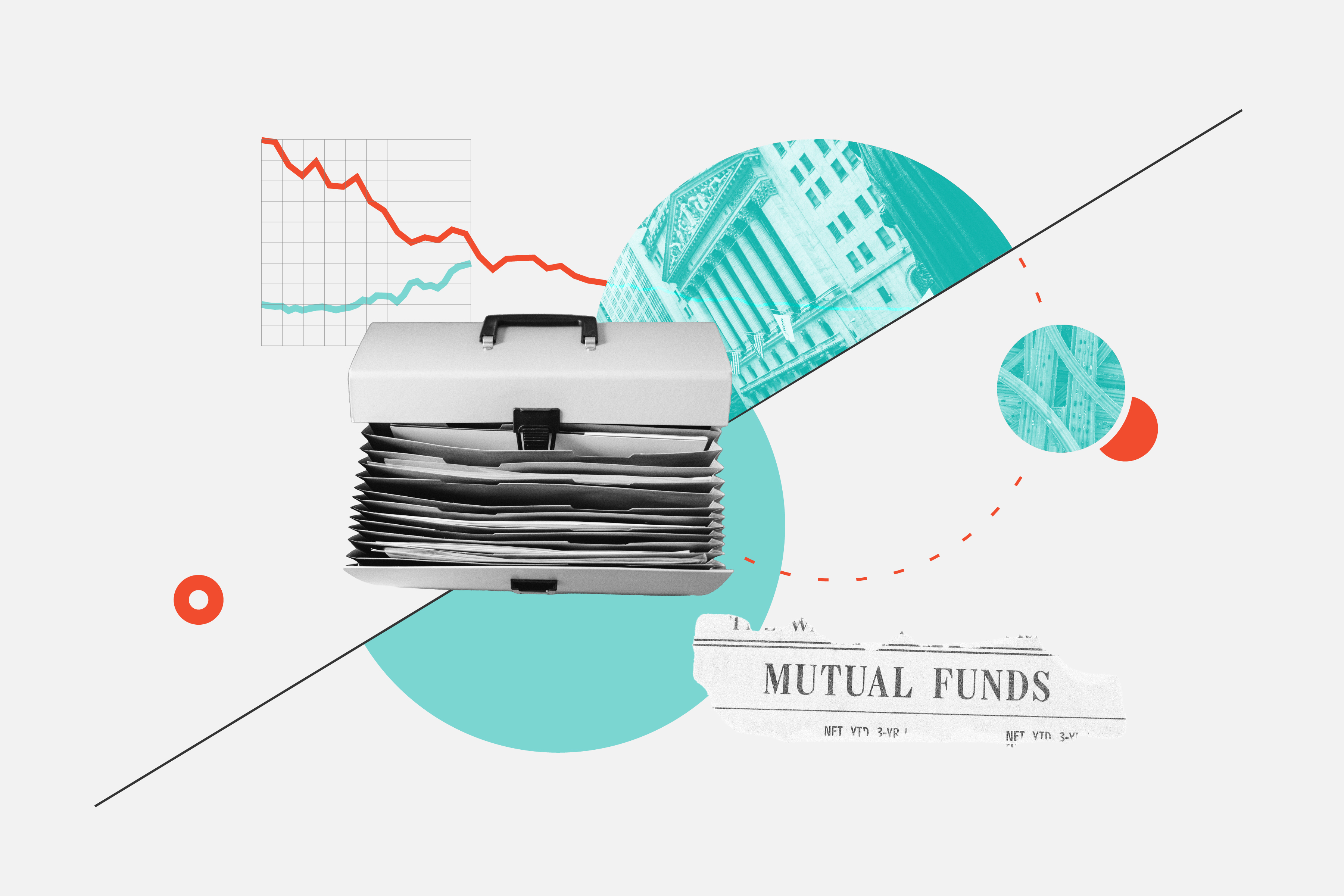Ruth Saldanha: Last month the Canadian yield curve inverted causing panic about an imminent recession. However though a yield curve inversion has accurately predicted the past five U.S. recessions, the same isn’t really true for Canada. Scotia Bank economists have pointed out that an inversion successfully signaled a recession in the early 1990s, but inverted without a subsequent recession both in 1986 and 2000 and though we did have a recession in 2015 there was no inversion. So what does this mean will we have a recession here in Canada, Picton Mahoney's Phil Mesman is here to tell us what he thinks. Phil, thank you so much for being here today.
Phil Mesman: Thanks for having me.
Saldanha: So are we headed to a recession here in Canada?
Mesman: I think really – the global economy really depends on the U.S. at this point in time. If the U.S. slips into recession, then I believe we're looking at I don’t want to say depression. We are definitely looking at challenges globally, so all is hanging on in the U.S. as the only growth opportunity currently globally.
Saldanha: How are you reading this inverted yield curve here in Canada?
Mesman: I think – if you bring it to the higher level and talk about yield curves globally you are looking at a bond market that has really been manipulated by central banks and so it's very hard to take any thing from what we are seeing in the yield curve and looking at it on a predictor rate basis. With respect to the yield curve specifically in Canada I think that we need to see more observation number one. And number two we need to see the right kind of inversion. Right now we're not seeing a true inversion across the curve. So I feel like we have insufficient observation and kind of alternative explanations for some of that movement.
Saldanha: Based on this do you think the Bank of Canada could potentially hold rates, where do you see the rate cycle going from here.
Mesman: The bond market is telling us that we could see another cut within the U.S. and potentially Canada. But from our perspective we're taking the other side of that where we believe that we could see it hold and I think that’s somewhat of a contrarian view, but it's all data dependent. So we need to see what the data looks like over the next few months.
Saldanha: Finally what should conservative investors do right now?
Mesman: I think for me with respect to fixed income it is a really challenging market and investors need to have a mind shift, traditional bonds and long strategies can't work in this low yield, increasing volatile world. And you have again a manipulated bond market. So the number one recommendation would be to sit down with their investment advisor and have a reset and review of their portfolio and look to see if something – if they need to make any changes.
Saldanha: Thank you so much for joining us.
Mesman: Thank you.
Saldanha: For Morningstar I'm Ruth Saldanha.




















